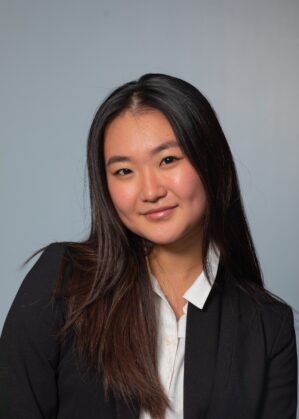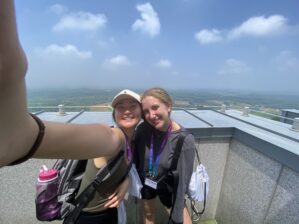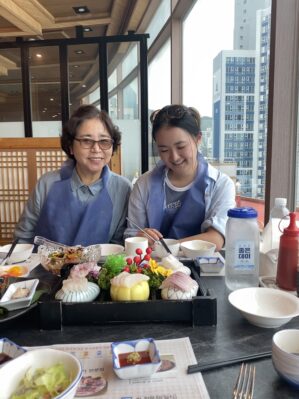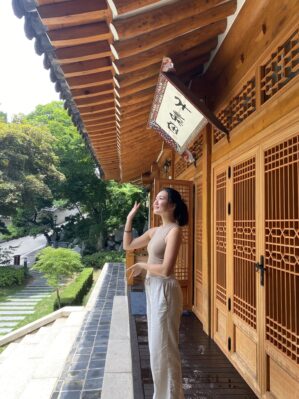 “You remind me of my daughter, here’s a picture of her.” The North Korean refugee medical center receptionist smiled at me, comparing me to her 19-year-old daughter who still lived in North Korea. I learned she had left her infant daughter of just three years to flee North Korea over a decade ago, receiving updates of her life only in the form of infrequent and risky electronic photos. I glanced over at the most recent photo: a smiling school photo of a teenage girl with round glasses.
“You remind me of my daughter, here’s a picture of her.” The North Korean refugee medical center receptionist smiled at me, comparing me to her 19-year-old daughter who still lived in North Korea. I learned she had left her infant daughter of just three years to flee North Korea over a decade ago, receiving updates of her life only in the form of infrequent and risky electronic photos. I glanced over at the most recent photo: a smiling school photo of a teenage girl with round glasses.
This conversation is just a glimpse into the type of interactions I had while conducting my SIRE-funded research in Seoul, South Korea this past summer. Motivated by my desire to learn about the unspoken humanitarian crisis of North Korea and the complicated perception and relationship between my homeland of South Korea and its dictatorial sister country, I worked with nonprofit Saejowi, one of the oldest organizations assisting North Korean refugees with medical assistance and education, to uncover the financial system of brokers in the “Underground Railroad” escape route of North Korean defectors.

For the majority of North Korean escapees, the route out of the dictatorial country is long and dangerous. Swimming across the Tumen River, the body of water along the North Korea and China national border, the North Korean defectors often find themselves forced to traverse the entire country without identification forms or an active passport. When they reach the southeast, they often enter countries, such as Thailand, Laos, and Vietnam, as illegal migrants, report themselves to local authorities, and get defected to South Korea after embassy negotiations. And to facilitate these defectors along this entire process, brokers are employed, coordinating payments to smugglers to help these individuals along border checkpoints and dangerous crossings. For years, I had always known about the concept of North Korean defector–it had glossed the headlines of both American and South Korean news channels–yet only this summer did I learn the brutal details of escape.

Most importantly, I learned to empathize in a way I’ve never had to before. I learned how to speak to survivors and victims of a government and a world I knew next to nothing about. As someone who prided herself on having a lot of heart and a lot of compassion to share with others, I’ve always felt blessed with the ability to empathize. I had always been able to tie someone else’s depth of experience to a similar hardship of my own, no matter how superficial the connection. Yet, sitting in front of real people who had deserted family members in North Korea and yet still felt tied down by the prejudice and discrimination of South Korea, I had nothing to draw from. Reading letters written by North Koreans explaining how mothers made grass porridge for dinner on days when there was nothing else to eat, I sometimes felt like I was really details of a fiction novel; I struggled to reconcile my lived experiences with the reality of others…I sometimes felt like I didn’t have the mental capacity to understand how such a world existed. Even months later, I’m still not sure if I understand it.

It was a summer of reconciling my Korean and American identities as I was born in South Korea and immigrated to Florida at the age of barely two years. Having felt like a little bit of a mutt my entire life, never quite fitting into either culture and always trying to emphasize one part of my identity to fit into the current environment, I learned to love that I am wholly Korean and wholly American wherever I go. Speaking to resettled North Koreans, who had lived in a different world than I simply because of where the DMZ was drawn, I solidified my validity in my Koreanness. Teaching my grandparents about the underreported and invisible plight of North Koreans, I brought my American high school spirit of activism and advocacy to the quiet streets of old city Busan. And I promised myself I would never forget what I learned this summer: in the form of my first tattoo, an outline of North and South Korea in the profile of a woman to remind me of who I am and what I’ve learned.


